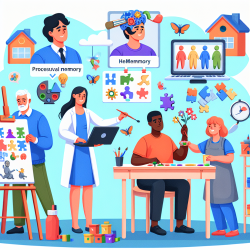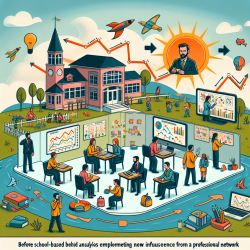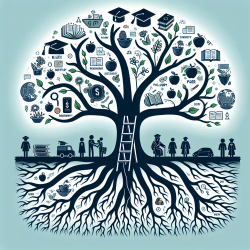Introduction
The COVID-19 pandemic has been a challenging time for everyone, but it has been particularly difficult for Black, Indigenous, and Persons of Color (BIPOC) older adults and frontline healthcare workers (FLHWs). A recent study titled “Pandemic Fatigue! It’s Been Going On since March 2020”: A Photovoice Study of the Experiences of BIPOC Older Adults and Frontline Healthcare Workers during the Pandemic, sheds light on the unique struggles faced by these groups and the strategies they used to cope.
Understanding the Challenges
The study highlights several challenges faced by BIPOC older adults and FLHWs during the pandemic:
- Fear of COVID-19 Exposure: Both groups were concerned about contracting the virus, with older adults worried about the severity due to age, and FLHWs facing risks at their workplaces.
- Struggles with Mitigation Measures: Adopting COVID-19 protocols such as mask-wearing and social distancing was difficult for many, leading to frustration and fatigue.
- Workplace Challenges: FLHWs faced staff shortages, inadequate compensation, and lack of empathy from leadership, contributing to burnout.
- Social Isolation: Older adults, in particular, experienced loneliness and sadness due to being away from loved ones.
Strategies for Coping
Despite these challenges, participants employed two major strategies to cope:
- Positive Reappraisal: FLHWs found humor and positivity in their situations, using motivational quotes and light-hearted posters to lighten the mood.
- Self-Care Practices: Participants engaged in emotional, spiritual, social, and physical self-care activities to promote well-being. This included creative arts, prayer, meditation, and physical activities like gardening and walking.
Implications for Practitioners
The findings of this study have significant implications for practitioners working with BIPOC communities. By understanding the coping strategies used by these groups, practitioners can better support them in finding meaning and resilience during challenging times. Additionally, the study highlights the need for supportive workplace environments and policies that prioritize the well-being of FLHWs.
Encouraging Further Research
While this study provides valuable insights, there is still much to learn about the experiences of BIPOC older adults and FLHWs during the pandemic. Further research can help develop more effective support systems and policies to address the unique needs of these communities.
To read the original research paper, please follow this link: “Pandemic Fatigue! It’s Been Going On since March 2020”: A Photovoice Study of the Experiences of BIPOC Older Adults and Frontline Healthcare Workers during the Pandemic.










